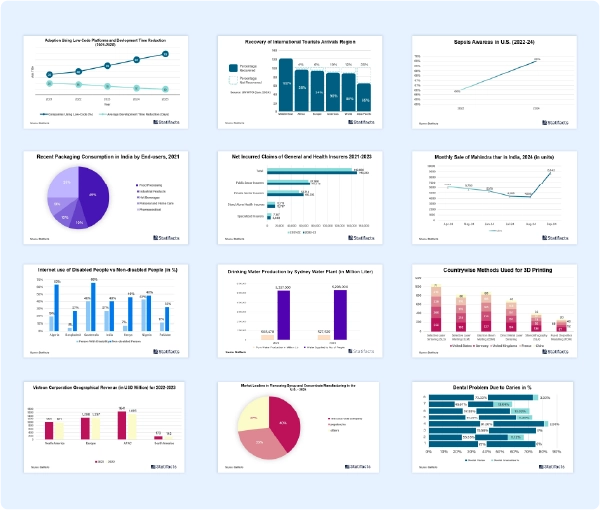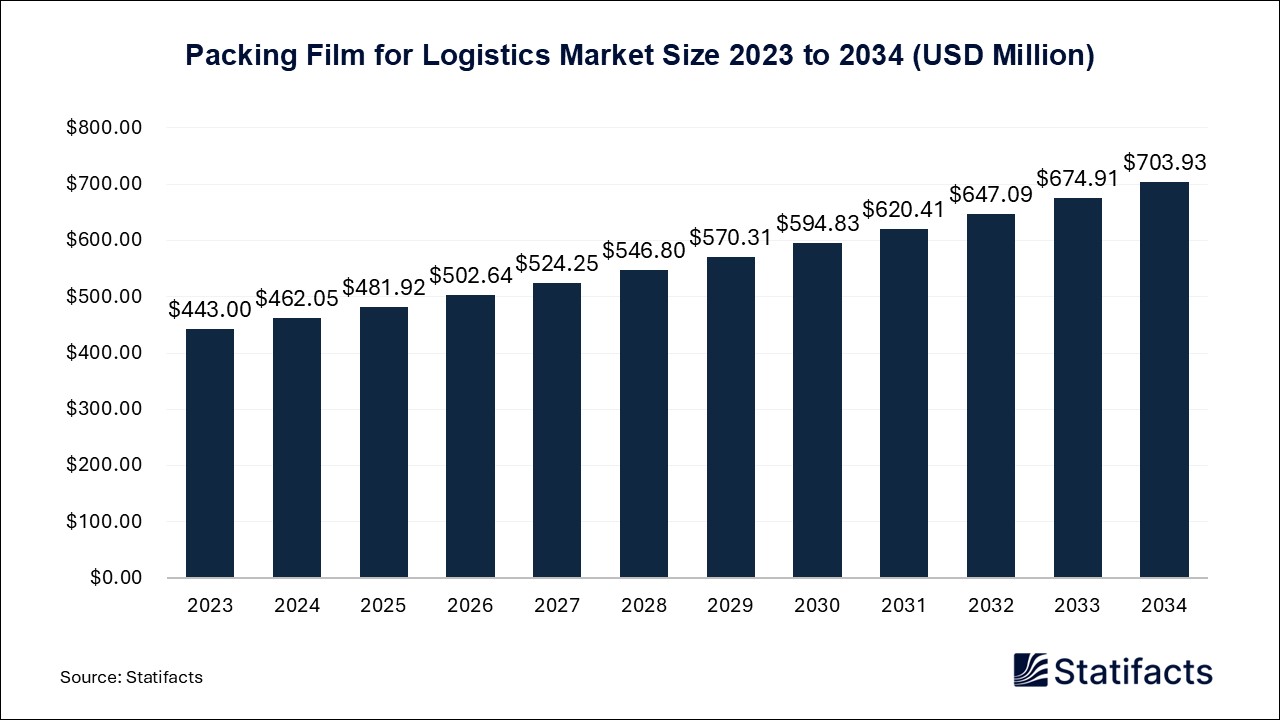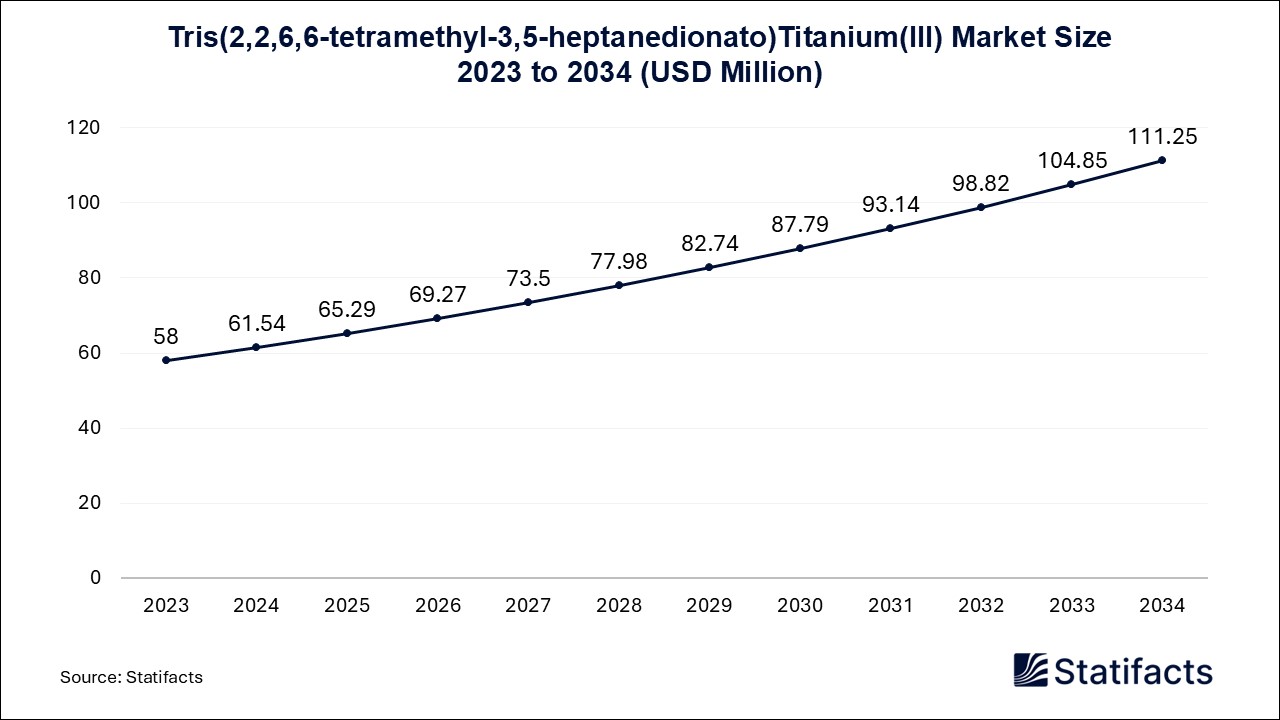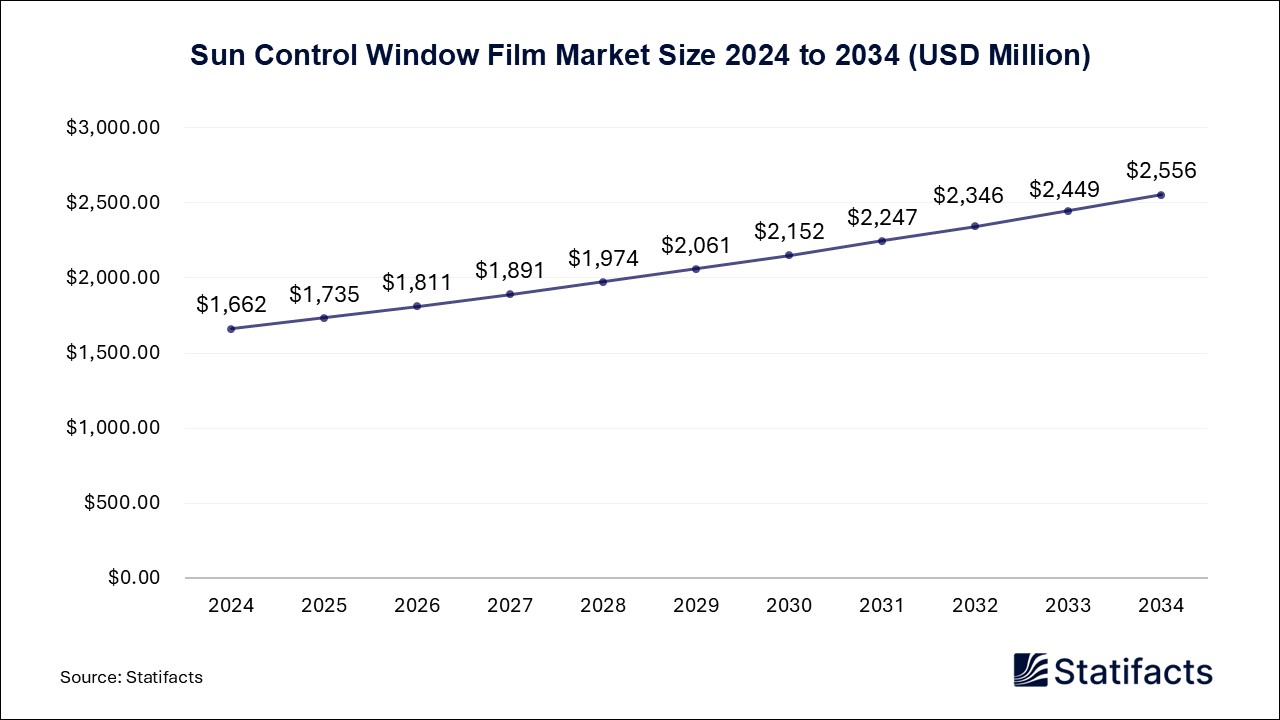

Our customers work more efficiently and benefit from
The global recombinant DNA technology market size is calculated at USD 856.83 billion in 2024 and is predicted to attain around USD 1,638.85 billion by 2034, expanding at a CAGR of 6.7% from 2025 to 2034.
| Industry Worth | Details |
| Market Size in 2024 | USD 856.83 Billion |
| Market Size in 2025 | USD 914.24 Billion |
| Market Size by 2034 | USD 1638.85 Billion |
| Market Growth Rate from 2025 to 2034 | CAGR of 6.7% |
The recombinant DNA technology market is booming, spurred by various breakthroughs in genetic engineering, increased demand for biopharmaceuticals, and the rising popularity of gene therapy. Recombinant DNA technology deals with the modification of genetic material to create new medical treatments, genetically enhanced agricultural products, and industrial enzymes. The increasing prevalence of genetic diseases and technological advancements related to synthetic biology and molecular cloning fuel the growth of the market.
The largest consumer of recombinant DNA technology is the healthcare sector, with an increasing number of applications in gene therapy, vaccine manufacture, and monoclonal antibody development. Rising incidences of genetic disorders, including cystic fibrosis, hemophilia, and some forms of cancer, have increased the demand for treatments based on recombinant DNA technology. The success of recombinant vaccines such as the hepatitis B and COVID-19 vaccines has demonstrated the potential of this technology in preventing infectious diseases. They will also propel the market for recombination DNA technology, following closely behind additional research in regenerative therapies and personalized medicine.
The recombinant DNA technology market is revolutionizing agriculture by producing genetically modified crops with heightened resistance to pests, diseases, and environmental stresses. Governments and research institutions are heavily investing in biotech agriculture, which is producing new innovations into the pipeline that is expanding the market for GMOs.
The use of recombinant DNA is being widely used in industrial applications like biofuel production, enzyme engineering, and bioplastic manufacturing. Engineered microorganisms are mainly used for enzyme production directed towards food processing, detergents, and waste management. The increasing demand for sustainable and pleasing solutions in industrial processes is bringing in more and more usage of recombinant DNA-based bioproducts. The development of synthetic biology and metabolic engineering is expected to create enormous opportunities in the field of industrial biotechnology.
Despite the business opportunities that recombinant DNA technology markets, issues such as ethical dilemmas, biosafety risks, and regulatory issues pose challenges to market growth. Ethical debates over genetic modification, particularly in human gene editing and agricultural produce, have been hotly debated for decades, leading to differing degrees of regulatory scrutiny globally. Some of these challenges can further drive away investors. The costs and complexities associated with developing recombinant therapies create barriers to entry for smaller biotech firms in the healthcare sector. Lastly, some existing variations among regulatory frameworks in different regions seem to be another cause for hindering commercializing recombinant DNA products.
Artificial intelligence plays an important role in enhancing recombinant DNA technology. AI-driven algorithms are analyzed for the prediction of protein structures, genetic sequence annotation, and gene editing. The machine learning model for drug discovery is based on finding the likely targets for gene therapies, which generally reduces the time and cost of the development of new treatments. As AI moves towards being a highly capable invention, its integration with recombinant DNA technology shall harness it to drive innovations fulfilling the autonomy for a larger enterprise, reaching a wider ground market.
The recombinant DNA technology market is likely to witness tremendous growth because this is a rapidly increasing segment of gene-editing-antigen appropriations. New therapeutic agents promise enhanced efficacy and safety, addressing a growing need for targeted therapies. Pharmaceutical companies are taking advantage of the opportunities related to the expansion of their biological portfolios. With growing attention to sustainability, there will be increasing research on recombinant DNA-based solutions to tackle eco-friendly agriculture and industrial processes. Expanding applications in environmental biotechnology will likely open up new avenues for the growth of the market.
Published by Sanket Gokhale , March 2025
For any questions about this dataset or to discuss customization options, please write to us at sales@statifacts.com
| Stats ID: | 8047 |
| Format: | Databook |
| Published: | March 2025 |
| Delivery: | Immediate |
| Price | US$ 1550 |




| Stats ID: | 8047 |
| Format: | Databook |
| Published: | March 2025 |
| Delivery: | Immediate |
| Price | US$ 1550 |

You will receive an email from our Business Development Manager. Please be sure to check your SPAM/JUNK folder too.

Unlock unlimited access to all exclusive market research reports, empowering your business.
Get industry insights at the most affordable plan
Stay ahead of the competition with comprehensive, actionable intelligence at your fingertips!
Learn More Download
Download

